Mental well-being and its connection to immune response
The link between mental wellbeing and immune response has been the subject of numerous studies in recent years. Research suggests that the state of mental health can have a significant impact on the functioning of the immune system , directly affecting our ability to fight off infections and other diseases. In this article, we will explore how stress, anxiety, and depression influence immunity , as well as the mechanisms behind this phenomenon.
Stress and its impact on the immune system
Chronic stress is one of the main factors that negatively affects the immune system . When a person experiences high levels of stress for prolonged periods, the body releases hormones such as cortisol , which in high amounts suppresses certain immune functions. This can decrease the body's ability to produce lymphocytes , a type of white blood cell that is key in fighting infections .
On the other hand, acute stress, although it is a natural response of the body to threatening situations, can cause a temporary activation of the immune system. However, when it becomes a constant, its impact can be negative. People with chronic stress tend to have a greater susceptibility to infections such as the common cold , as well as a slower recovery from injuries or illnesses.
Learn about the adaptogens necessary to combat stress in the following article .
Anxiety and its relationship with immunity
Anxiety , especially when it is persistent, also has negative effects on the immune system . Prolonged anxiety can activate the inflammatory response , a natural defense of the body against infections. However, if this inflammation is prolonged, it can contribute to a range of health problems, from autoimmune disorders to heart disease.
People with high levels of anxiety have been shown to have a higher incidence of inflammatory disorders such as irritable bowel syndrome, arthritis, and allergies . In addition, chronic anxiety can impair sleep and cell recovery , which are essential factors for maintaining an optimal immune response.
Depression and the immune system
Depression is another psychological factor that can compromise immunity . People who experience depression often have decreased production of T cells and lymphocytes , essential components of the immune system for fighting viral and bacterial infections. This can lead to increased vulnerability to illnesses such as influenza , respiratory infections, and other opportunistic infections.
In addition, depression is linked to increased inflammation in the body. As with anxiety, this inflammation can lead to the development of chronic diseases. For dangerous situations, it can also have negative effects if it occurs repeatedly. The body is kept in a constant state of alert, which affects the production of antibodies and weakens the body's ability to fight viruses and bacteria .
Anxiety and its relationship with immunity
Anxiety is another factor that directly influences immune response . Studies have shown that people with high levels of anxiety are more prone to inflammatory and autoimmune diseases. This is because chronic anxiety increases the production of cytokines , proteins that regulate inflammation in the body. If cytokines are present in large amounts for a long time, they can generate an excessive inflammatory response, which damages tissues and organs.
Furthermore, anxiety is also linked to sleep problems, which exacerbates the impact on the immune system . Lack of sleep reduces the production of natural killer cells , which are crucial for eliminating cells infected by viruses or cancer .
Depression and immune weakening
Depression is a mental health disorder that not only affects the emotional state, but also the body's immunity . People with depression have increased cortisol production , similar to people experiencing stress. However, chronic depression can lead to even more serious immune system dysfunction , including a decrease in the body's ability to produce white blood cells .
Furthermore, depression is associated with increased susceptibility to infections such as colds and flu, as well as more serious illnesses such as heart problems and chronic inflammatory diseases. This shows how emotional well-being can have long-term physical repercussions.
This might interest you: Gingko Biloba: The tree of longevity .
Benefits of good mental health on immune response
On the other hand, maintaining good mental well-being can significantly improve immune function. People who practice stress management techniques, such as meditation , yoga , or mindfulness , show a better immune response compared to those who do not. These practices reduce cortisol production and increase levels of T lymphocytes , which play a crucial role in fighting infections and abnormal cells.
In addition, a positive emotional state can improve immune system functioning through the release of endorphins and other neurochemicals that promote feelings of well-being and reduce inflammation in the body. Therefore, self-care and stress management are essential components to strengthening the immune response.
Biological mechanisms behind the mind-body connection
The relationship between the mind and the immune system is complex and mediated by several biological mechanisms. One of the main ones is the hypothalamic-pituitary-adrenal (HPA) axis, which regulates the release of hormones such as cortisol in response to stress. When this axis is chronically activated, it affects the production of immune cells and decreases the body's ability to fight infections.
Another key mechanism is the communication between the nervous system and the immune system through neurotransmitters. The release of adrenaline and noradrenaline in stressful situations can alter the balance of immune functions and trigger disproportionate inflammatory responses.
Mental wellbeing is a crucial factor in maintaining a healthy immune system . Stress, anxiety and depression can weaken the body’s ability to fight off infections and diseases, while positive emotional health can improve immune function. Therefore, it is essential to adopt habits that promote both emotional and physical wellbeing, as the two are intrinsically connected.
We recommend the following article to complement the information you have just learned on this occasion. Thank you for your time.

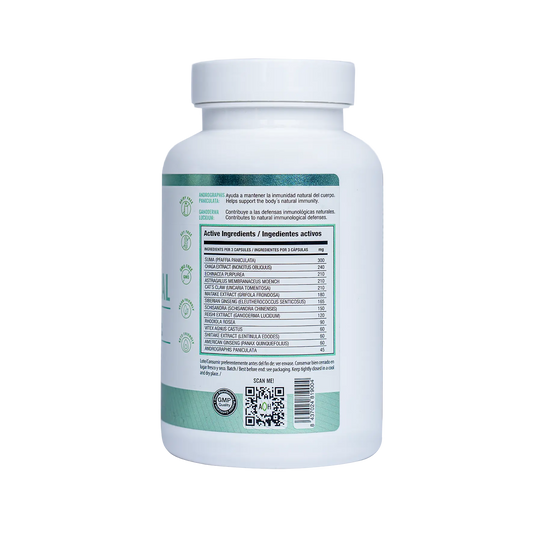
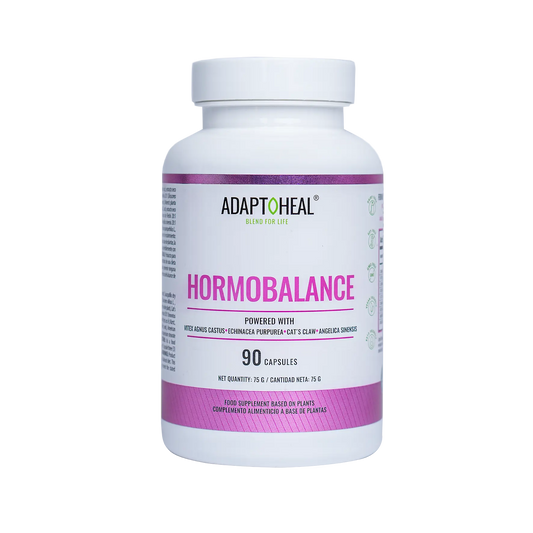
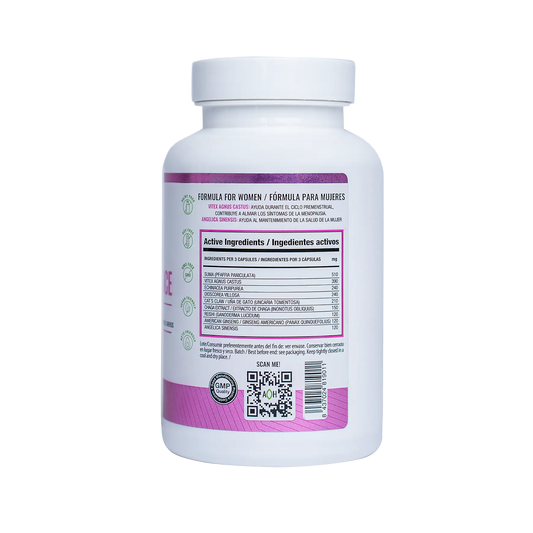

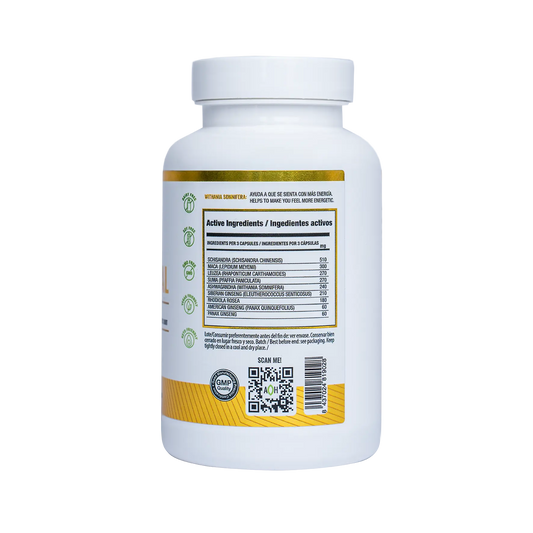

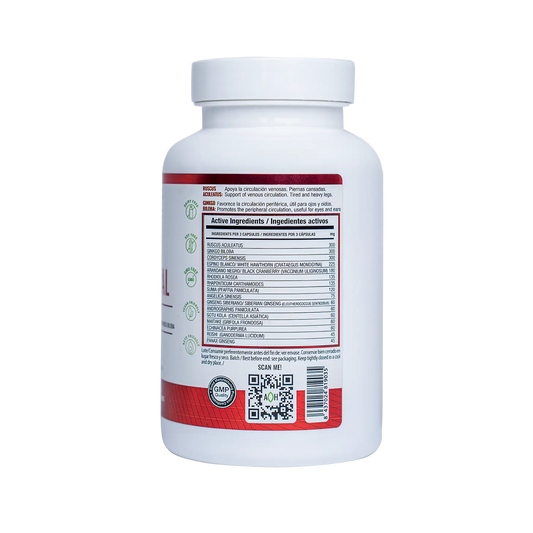

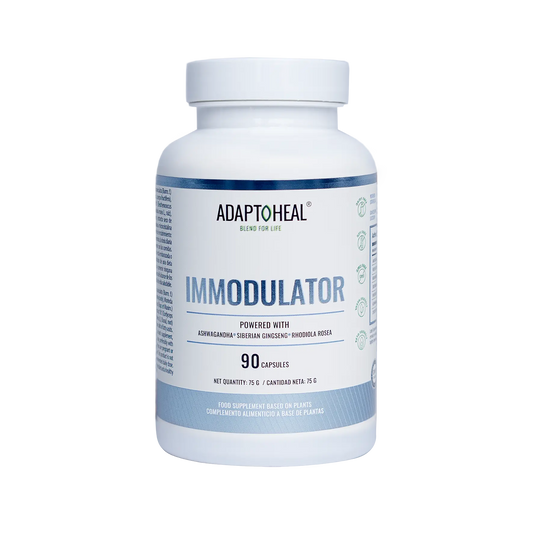
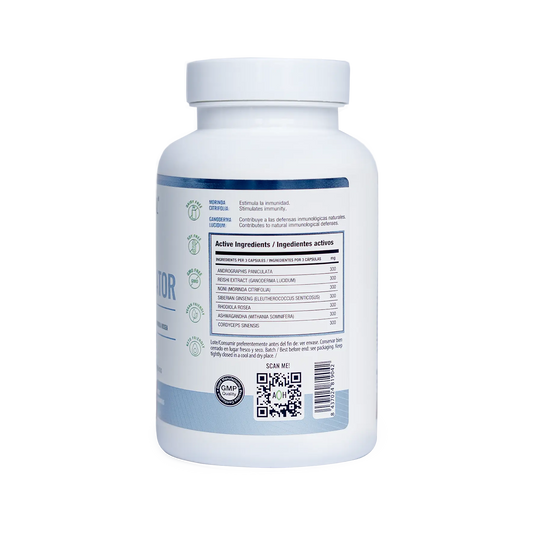
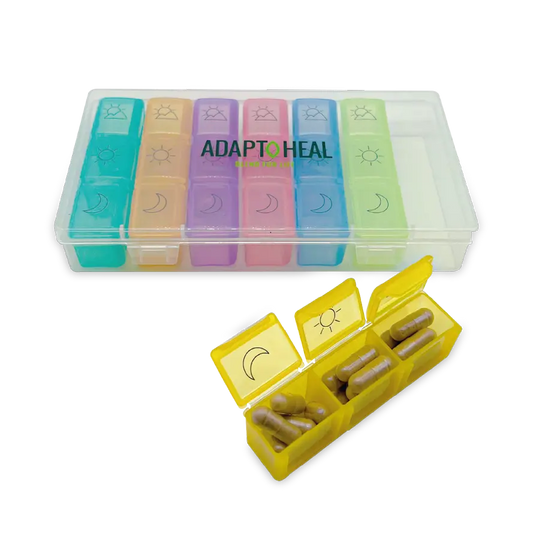
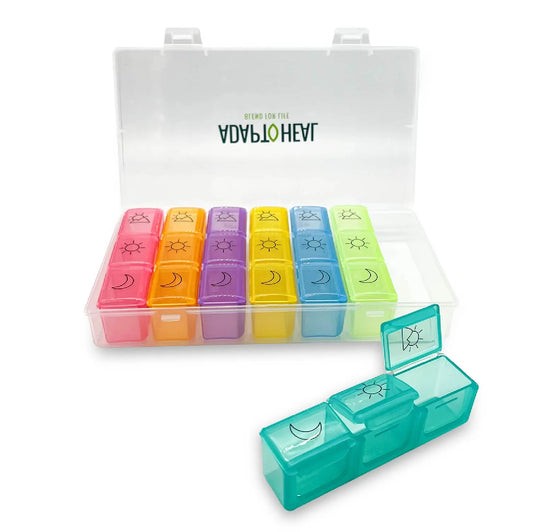
Leave a comment